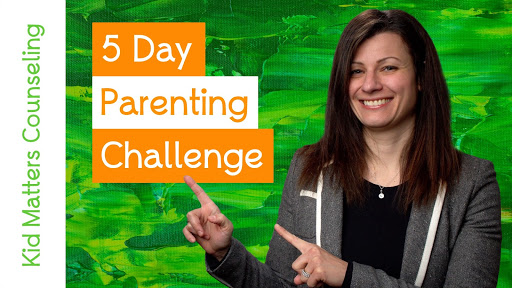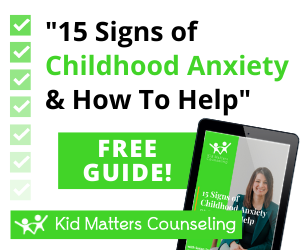You have raised your family in the context of multiple cultures. Maybe your job has brought you to live abroad for government service, mission work, or business. You may have moved permanently to a new country as an immigrant, as a refugee, or because it’s your spouse’s home country. This is certainly a new experience for you as you cross cultures, but it is an especially unique experience for your children.
Cross-cultural kids (CCKs) are children who have spent a significant amount of time meaningfully interacting with at least two cultures before the age of 18. There are so many benefits to this kind of lifestyle, and yet you are well aware that the stress and challenge of living across cultures can be overwhelming. Navigating this stress is hard enough as an adult—how might this affect a child?
Here are five aspects of growing up across cultures that cross-cultural kids experience and some of the challenges your child might need help with:
ASPECT: Having a foot in two or more worlds but not feeling as though they truly belong in any of them
CHALLENGE: Living in the richness of diversity is a wonderful thing for a child! However, they may not feel a sense of belonging anywhere even if they don’t say it out loud. They have so many experiences that it is hard to know who they really are or which group they truly belong to. One of the most powerful and grounding experiences you can offer your child is to create a strong bond with you—an unshakable sense of belonging in the family unit.
ASPECT: Feeling like an outsider among peers
CHALLENGE: When a child is among peers of one culture, elements of their life from other cultures may come across as exotic, unrelatable, or even “weird.” They may feel unique because they may look physically different than most others around them and, more importantly, think differently. Your child may need help learning not only what to share about their uniqueness with others but how to share it in ways that build relationships.
ASPECT: Having an overdeveloped awareness of their surroundings
CHALLENGE: Being raised in multiple cultural settings during developmental years makes a child naturally on high alert to learn the rules and expectations in their constantly changing environment. This makes them very adaptable—a clear strength. At other times, however, a child may feel very anxious about making cultural mistakes. He or she may need your help learning how to give themselves grace and to keep trying to connect with others even when they make mistakes.
ASPECT: Experiencing different values among peers than at home with parents
CHALLENGE: Many children growing up among worlds may experience varying degrees of disconnect from their parents because differences in culture come with differences in values. It is important for you to maintain an understanding attitude keeping lines of communication open to help them navigate the experience of different values.
ASPECT: Experiencing the pain of loss more often than other children
CHALLENGE: Families who cross cultures may move a lot and at the very least have friends and family members who live far away. Your child may deal with saying good-byes to dear people and places far more often and at younger ages than most other people. It will be extremely important for you to learn how to say good- byes well, grieve losses, and teach your children how to do the same.

Melissa Warner
Child Therapist | LPC
Kid Matters Counseling has trained therapists ready to help both kids and parents walk through the tough moments in life.
End the frustration & the confusion and let's work together! SCHEDULE APPOINTMENTNew Clients Call: (855) 586-1802
Current Clients: (855) 543-7687
Ask Us Anything!
We help anxious kids and frustrated parents. We serve Hinsdale & the Western Suburbs of Chicago.
Made with ♥︎ in Hinsdale, Illinois for Chicago
Built By Brand Your Practice.
Kid Matters Counseling, P.C. DISCLAIMER: This website and blog are for informational, educational and general discussion purposes only. It is understood that no guarantee or warranty arises from the information provided, discussed or commented upon in this website and blog nor does it constitute legal or other professional advice on any subject matter. Access to this website and blog is voluntary and at the sole risk of the user. If you think that you have a medical emergency (including clinical), call your doctor or 911 immediately. A licensed medical professional should be consulted for diagnosis and treatment of any and all medical conditions. While the information contained within this website and blog is periodically updated, no guarantee is given that the information provided is correct, complete, and/or up-to-date. See our complete Privacy Policy and Terms of Service.



